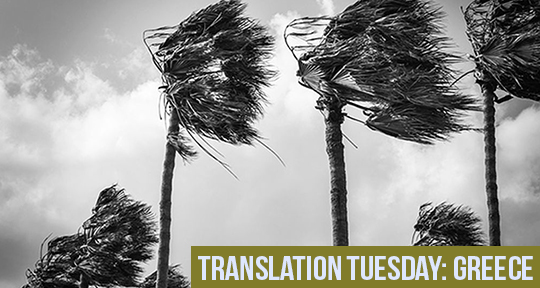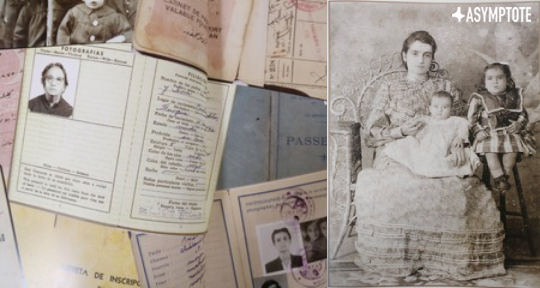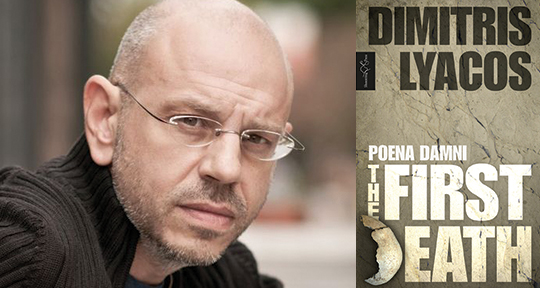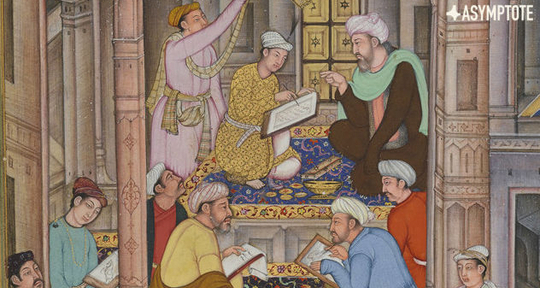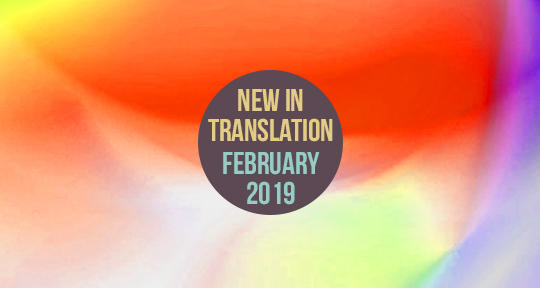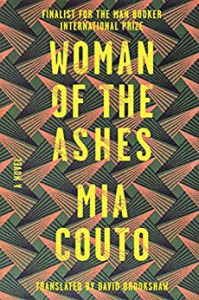Halldór Laxness, Stefan Zweig, László Krasznahorkai—just when you think you are announcing just these three international literary superstars in the Fall 2016 lineup, it turns out you have four. On October 3, Italian journalist Claudio Gatti controversially unmasks Elena Ferrante as Anita Raja. But, even before Gatti’s unwelcome revelation, I had already picked out Anita Raja’s contribution as a highlight and intended to include her name in all our issue-related promotional materials. Fearing that we would be accused of riding the controversy, I drop a note to Criticism Editor Ellen Jones: “What do you make of all this Anita Raja = Elena Ferrante business? Is it opportunistic of us to feature her name in our publicity materials (which we already sent for printing) and on the cover (which can still be changed)?” The issue’s been on her mind as well. “We want to avoid the same kinds of accusations NYRB are getting in this morning’s papers,” Ellen says, “but I don’t think it would do too much harm to have her as one among many names in our promotion materials… I don’t think we need to bury a good essay on purpose, in short.” But what about in the promotional materials themselves? How much do we say about Anita Raja? Communications Manager Matthew Phipps decides in the end to take a risk and state matter-of-factly that Elena Ferrante has been unmasked as Anita Raja (which anyone who has been following literary news already knows). Too frazzled to make a call on the copy after staying up for 36 hours to put together the video trailer (it’s been a while since I made these for Asymptote, and I am rusty), I sign off on the newsletter. That’s how, in spite of a massive publicity blitz that involved printing and distributing 4,000 postcards; print and digital ads in the Times Literary Supplement that set us back by 900 GBP; 97 personalized emails to media outlets, 90 tweets, 20 Facebook posts, and seven blog posts about the Fall 2016 issue (all documented in then Marketing Manager Ryan Celley’s publicity report here), dear reader, we still came to be booed. Here to introduce our Fall 2016 issue is Assistant Editor Garrett Phelps.
What a work of literature ‘means’ is always tough to get a feel for, let alone talk about. Of course a famous theorist or two have claimed this is an insurmountable difficulty. Maybe that’s true, I don’t know. Not being too slick with the theoretical stuff, I’ll just say that literature is meaningful to the extent it’s ambiguous and open-ended. And if any idea unifies Asymptote’s Fall 2016 issue, it’s the way interpretive problems result from this state-of-affairs.
For Anita Raja, ignorance is the reader’s point of departure and return. In “Translation as a Practice of Acceptance” she argues that “the translator must be above all a good reader, capable of diving into the intricacies of the text, taking it apart, discerning all its nuance. The translator is, in short, a reader required to puzzle over the complexity of the original text, line after line, and to piece it together in the new language—a fundamentally impossible task.” Good translators are, essentially, readers par excellence. Anyone who’s dabbled in the field probably won’t find this idea controversial. Sooner or later, though, even a top-notch translator hits the same wall as the average reader, who’s more okay letting intricacies, nuances and puzzle-pieces remain gut-feelings. Demanding much more is futile even if doing so is worthwhile. This is especially true of translation, where success is often the sum of accumulated failures. READ MORE…

